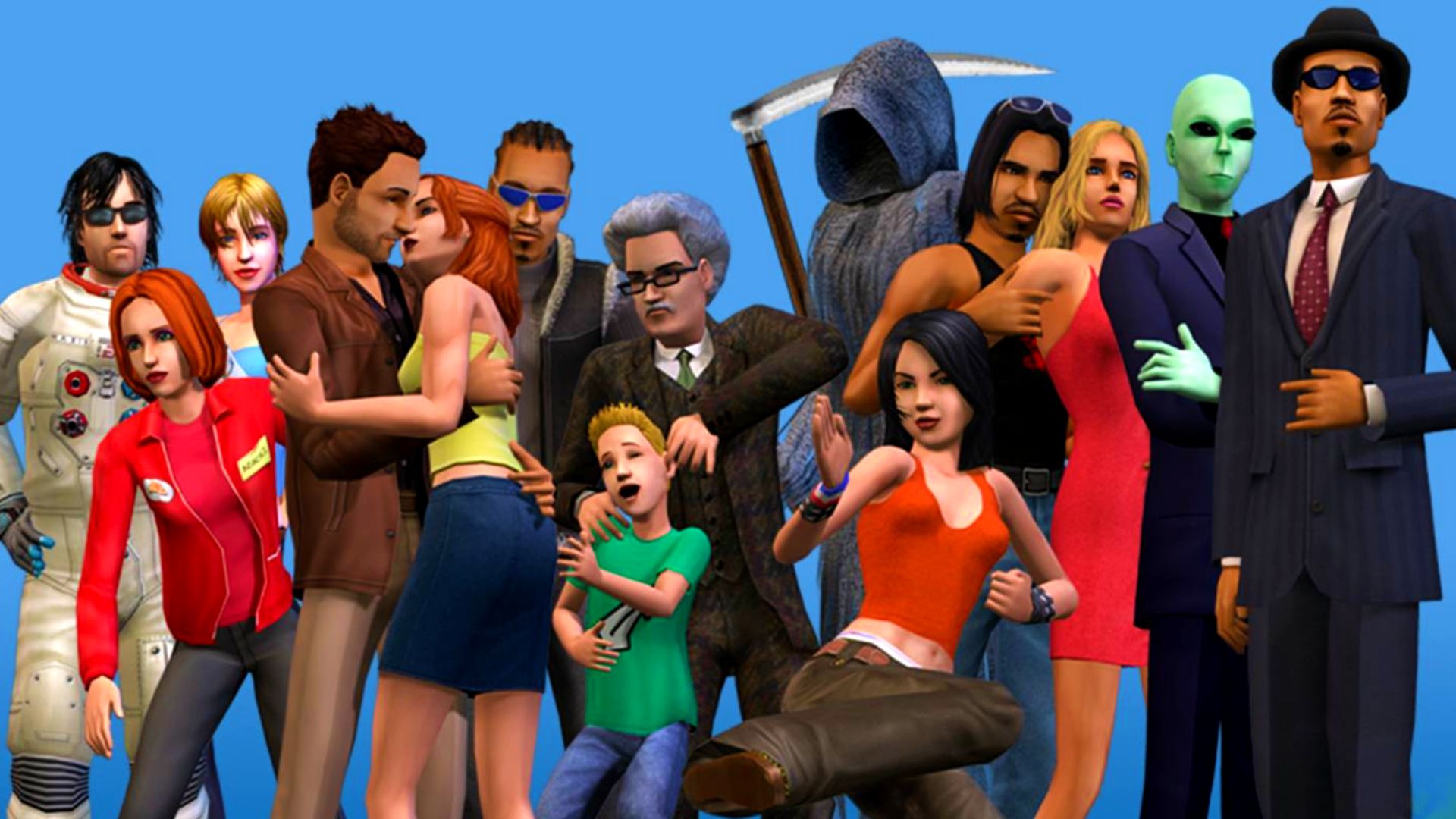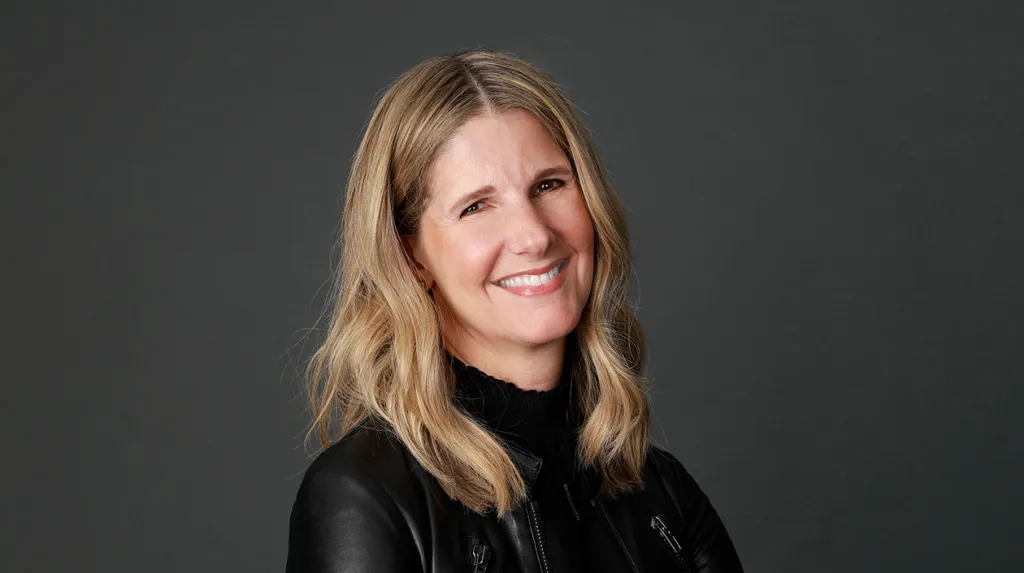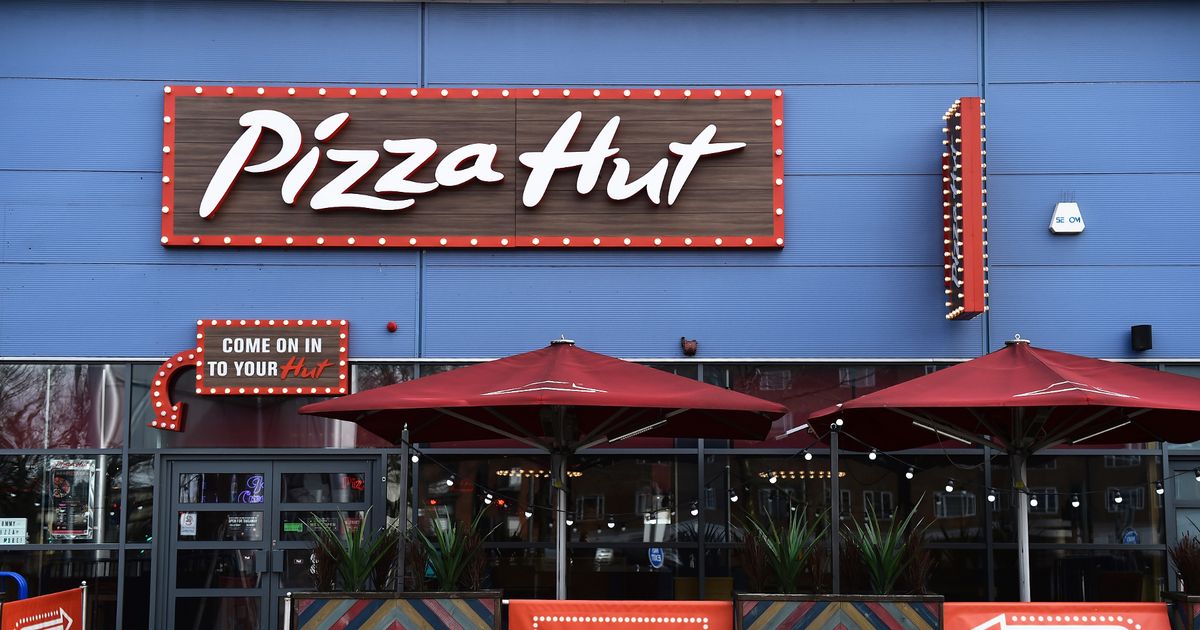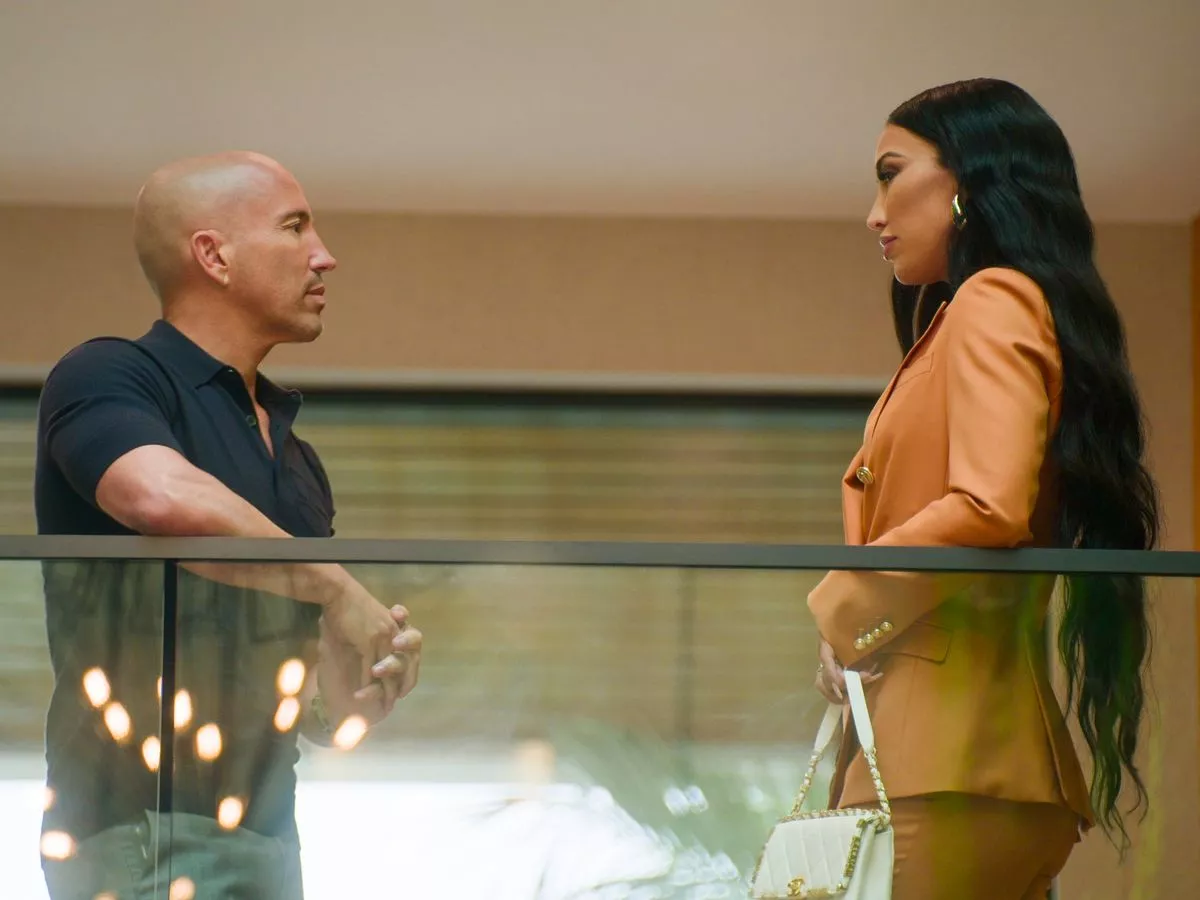Copyright GamesRadar+

The Sims is all about simulating life, and any effort to do that means embracing diversity at a fundamental level. Charles London, who served as art director on the original 2000 game and as creative director on The Sims 2, says that embracing things like same-sex relationships was essential from the start, and says it remains critically important for the series to continue down that path even as the winds of culture shift. "It's everything," as London tells FRVR, "and I think it's existential for the business, right? It is certainly for society. I think it's incredibly important for there to be a mainstream, beloved brand that says, 'love is love and people are people,' and all the things that I certainly personally believe in, but also I believe it is existential to that business because it is what allows it to be universally appealing, right? Young, old, male, female, gay, straight, other, right? American, Iranian, whatever." London argues that, with The Sims, "its appeal and its recognition of the fundamental truths of our humanity is what creates the empathetic and emotional connection to that game that makes it so powerful." In that sense, it's "more than a game, it's a medium of self-expression." The Sims launched with full support for same-sex relationships, years before same-sex marriages were even recognized throughout much of the United States. The Sims 2 launched amid a renewed crusade against violence and sexual content in games, figureheaded by attorney Jack Thompson. For those of us who grew up gaming in that era, it's distressing how easy it is to draw parallels with today's anti-"woke" backlashes and payment processor censorship. London thinks it's "critical" for games like The Sims to continue embracing diversity "especially at times like now," when we're seeing another "reactionary cycle." "We will always go through this," London says. "And so when we are in reactionary periods, to have stalwart, beloved brands that are capable of sending this message is critical to society. But it's also critical that those brands keep the faith because, if they don't they're going to stop beind brands. Because the only reason why they're brands is because they appeal to such a wide audience, right?" The team at Maxis wasn't trying to be a "band of fearless social revolutionaries," as London tells it, but when it came time to decide whether to include same-sex relationships, "We chose the one that was both technically simpler, but also that was the one where we could look at ourselves in the mirror. These were modern people making the game in the Bay Area and we had done everything we could until then to be as true to humanity as possible and what, all of a sudden we were going to tell a lie? It just felt like a lie, right, to do anything but, it would’ve been a lie." Fears about The Sims' commitment to embracing diversity aren't fully abstract – publisher EA is soon to be bought out in a $55 billion deal led by Saudi Arabia's Public Investment Fund, private equity firm Silver Lake, and Jared Kushner's investment firm Affinity Partners. EA's CEO insists that the company's values "remain unchanged," but the idea that the progressive messaging that's defined many of its studios might disappear continues to be a worry for fans and developers alike.



